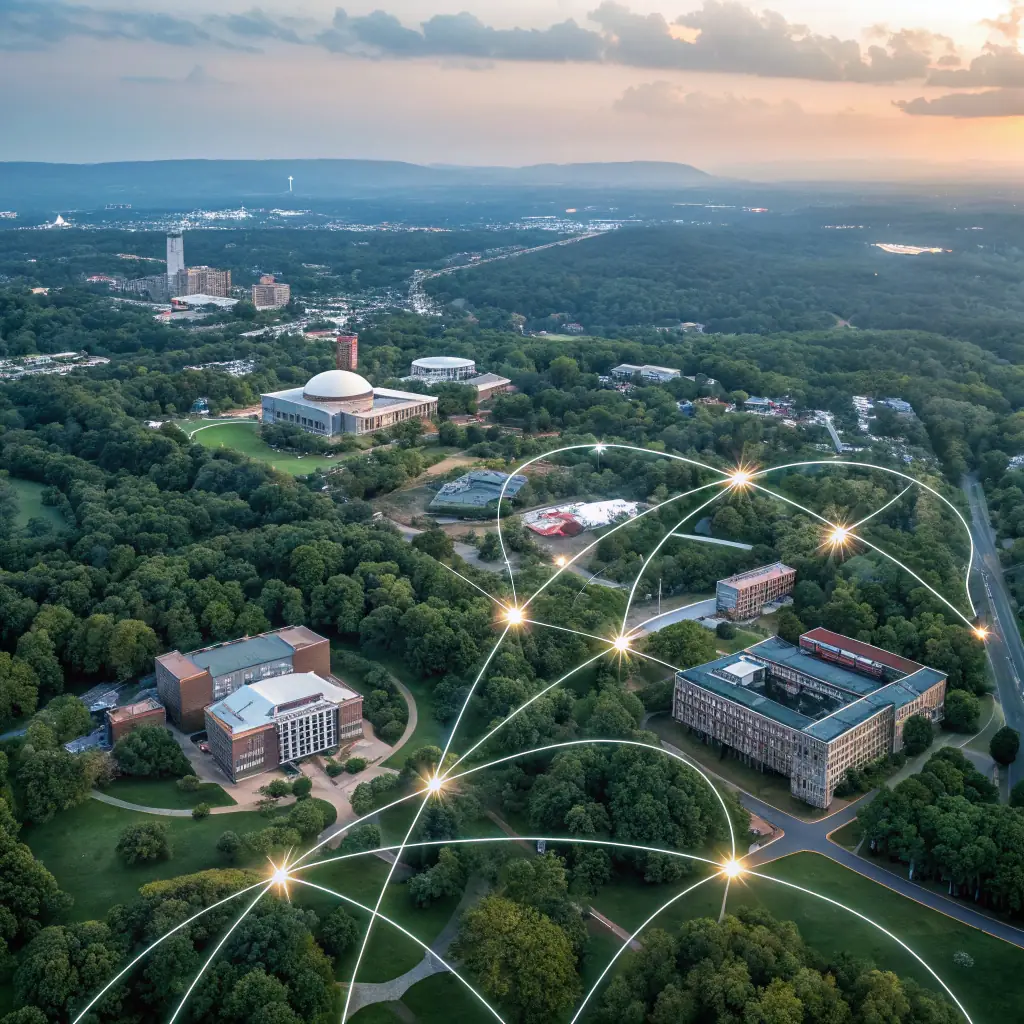En los Parques Tecnológicos del Tec de Monterrey, la gestión de rentas y cuentas por cobrar solía implicar procesos manuales, hojas de cálculo y conciliaciones propensas a errores.
Con el crecimiento de los parques, la complejidad aumentó y la necesidad de un sistema más ágil, preciso y automatizado se volvió urgente.
Ahí es donde Intelekta AI intervino con una solución innovadora: diseñada para transformar la gestión financiera con IA, datos en tiempo real y automatización completa.
 El reto
El retolos equipos administrativos enfrentaban múltiples desafíos:
Falta de visibilidad sobre la cartera vencida. de los residentes
Conciliaciones manuales con alto riesgo de error.
Clientes sin acceso a su estado de cuenta actualizado.
Dificultad para aplicar políticas y tarifas cambiantes.
Este contexto limitaba la capacidad de los parques para crecer y mantener una experiencia de usuario moderna y eficiente.
 La solución
La soluciónPlataforma de automatización inteligente de cobranza, desarrollada con tecnologías abiertas como Baserow, n8n y ChatGPT, que integran datos, automatizan flujos y analizan pagos en tiempo real.
El sistema fue implementado exitosamente en el Parque Tecnológico San Luis Potosí y se planea futura expansión a otros centros
🔹 Reducción del 100 % de los procesos manuales en Excel.
🔹 Conciliaciones automáticas en segundos gracias a la IA.
🔹 Aceleración de la cobranza, con menores días de demora.
🔹 Acceso 24/7 a estados de cuenta actualizados para los residentes.
La administración ahora dedica su tiempo a tareas de valor como el análisis, la planeación y el servicio al cliente, en lugar de procesar datos.
